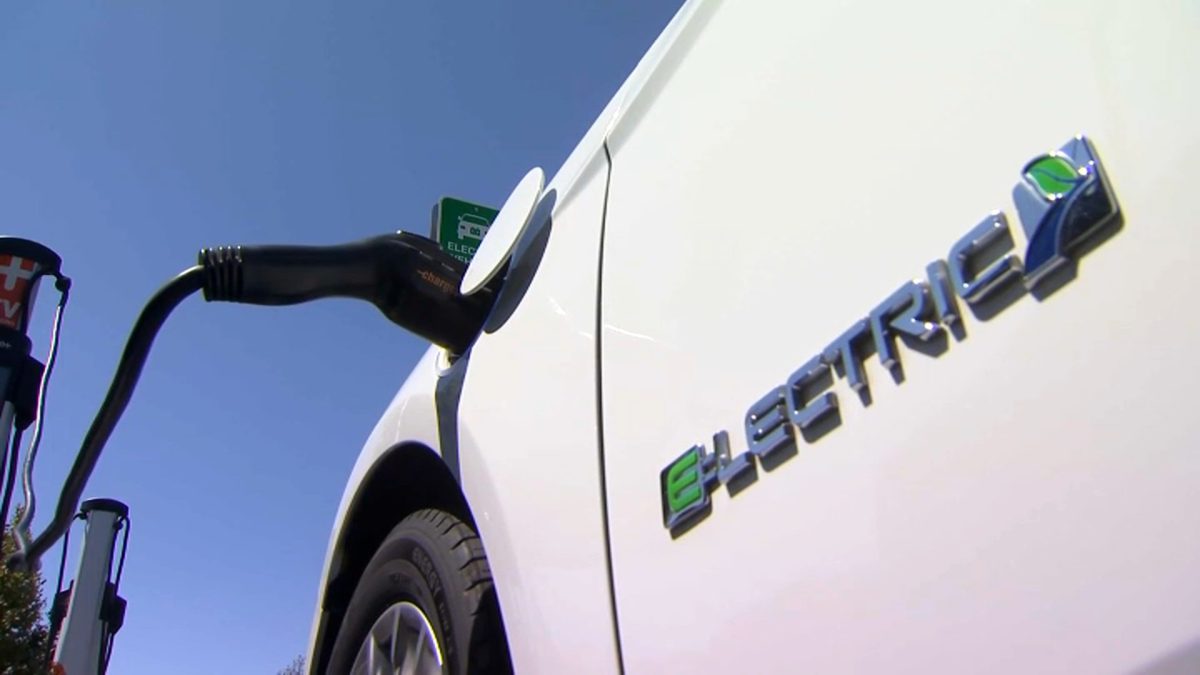Partial service could be restored to Metro-North's New Haven Line this weekend following a massive power failure on Wednesday that brought service to a crawl and clogged the highways, Gov. Dannel Malloy said during a news conference on Thursday afternoon.
A feeder cable serving an eight-mile portion of the New Haven Line's electric fleet failed on Wednesday. The de-powered section includes four towns and four stations from Stamford and New York.
Malloy warned that repairs could take “as long as three weeks or more," but said the MTA and power company, Con Edison, are working to restore partial energy to the line as early as Saturday.
He said the plan is to bring in three transformers to provide 13,000 kilowatts of energy to the track.
Con Edison officials said this is something they have not tried before and thier engineers are studying the process.
This is only a fraction of the normal 100,000 kilowatts that service the line, and authorities will conduct tests this weekend to determine the number of trains that can run on this limited-power system.
Malloy said he hopes to release an updated plan no later than Sunday so commuters can arrange their work weeks.
Local
The governor said communication is vitally important and promised a "better protocol" going forward.
"We didn't receive immediate notification yesterday morning," he said on Thursday, adding that this made it difficult to alert commuters.
Until the problem is solved, Metro-North is offering limited service on diesel trains, which can accommodate about 30 percent of the New Haven Line's daily ridership.
Twenty-four diesel trains are now operating on the New Haven Line, according to the MTA. The line normally runs four diesel train sets.
One train is running per hour in both directions and commuters are expecting the commute to be long and crowded. The power problem primarily affects the Metro-North New Haven Line, so train service to and from the New Haven station is limited.
"We realize this is not nearly enough," the MTA said in a statement on Thursday night. "Customers endured crowded conditions; longer travel times or had to seek alternate means of travel. It is, however, at this time the most service that can be offered in a safe and organized manner given that there is no power for an eight-mile section of the road."
Malloy has also suspended all roadwork on Interstate 95 to keep traffic flowing during the Metro-North outage, and has offered to move Connecticut trains across the state line to help with increased traffic running through New York.
He encouraged the MTA to reimburse commuters riding the New Haven Line and said he hopes the repair work on a second feeder cable can be expedited to restore power by Oct. 7.
Currently, the maintenance work is scheduled to finish up on Oct. 14, but Malloy said that's not soon enough.
"These are extraordinary circumstances and I've indicated to them that normal reaction time is not sufficient," he said during Thursday's conference.
Diesel service has been running from Stamford to Harlem 125th Street and Grand Central Station at the rate of one train per hour in each direction.
The problem is also affecting Amtrak. Acela service is disrupted between New York’s Penn Station and New Haven, and regional service is operating with delays. Service from Boston to New York is canceled through Sunday, according to Amtrak.
Malloy has asked people to carpool or work from home if possible.
A few travel options are available for commuters who rely on public transit.
A.M. Peak:
During AM peak hours, MTA is providing shuttle buses and trains from New Haven to Stamford and back. Electric trains run from New Haven to Stamford every 20-to-30 minutes during peak travel time.
From there, commuters can take a diesel train to Harlem 125th Street and Grand Central Station.
Another option is to take a local train from Stamford to Rye, then take an express bus to White Plans and catch the Harlem Line to Grand Central. New Haven Line tickets will be honored on the Harlem Line while the problem persists.
Commuters can travel from Grand Central to Stamford via diesel trains, which will run every 30-to-40 minutes throughout the morning and during the day. The diesel trains will make all local stops between the New York and Stamford stations.
Hourly connections are available from Stamford to New Haven during peak hours.
A map posted to the MTA website highlights travel options for the morning commute.
Off-Peak:
Service into New York will slow down during off-peak hours. An hourly shuttle will run from New Haven to Stamford, departing 45 minutes after the hour.
Trains traveling from Grand Central to Stamford will depart every 30 minutes at :04 and :34 after the hour.
P.M. Peak:
In the evening, limited direct service will run from Grand Central to Stamford, with connections to New Haven every 20-to-30 minutes. Trains from New York to Stamford will not make local stops.
Commuters can also take the Harlem Line to White Plains, then take an express bus to Rye and transfer to a local train to Stamford. Trains from Rye to Stamford will run every 20-to-30 minutes.
Evening commuters can find more information on this Metro-North map.
More Information:
Shuttle trains and buses will also operate on the New Canaan, Waterbury and Danbury branches.
AM Peak service on the Danbury line will include all stops to and from South Norwalk and the New Canaan Branch service will include all stops to and from Stamford.



